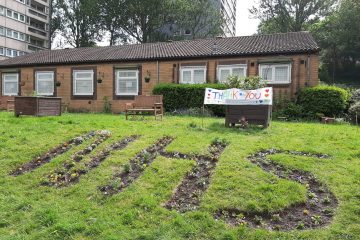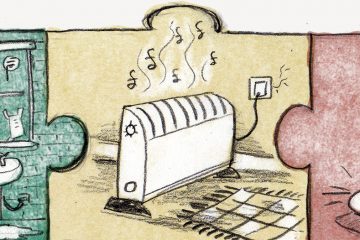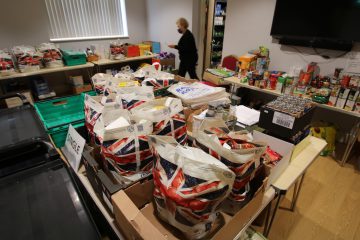This week’s guest blog post during Covid-19 comes from Val Barron is a community practitioner with Communities Together Durham and a William Temple Scholar. Val writes:
Sitting here reflecting on the first day of the excellent ENUF food and poverty conference, I am left with the same two questions that I have been asking for the past 6 years, both as a community development practitioner and latterly as a researcher.
The first question is: How do we work towards a society where foodbanks are a thing of the past?
As Emma Revie (CEO of the Trussell Trust) reminded us at the conference ‘‘The solution isn’t food, the solution is income”. Often we see income as something that is really difficult to change as the focus goes towards central government and their benefit policies, although Marcus Rashford’s letter last week that caused a U-turn in free school meal provision challenges that argument.
However, I would encourage us all to look closer to home and begin to push for change locally. As we know insecure work is the root of much food poverty and this is likely to increase over the next weeks and months. Are we listening to the new challenges facing individual and families and how can we work together for change? As a community organiser I have been working to see more Real Living Wage Employees in the North East. Working alongside the amazing people, that we now call ‘key workers’ to put pressure on their organisations to pay a fair wage. Start close to home and ask people in your organisation – ‘What it’s like to work here?’
At Tyne and Wear Citizens we train young people to hold listening campaigns in their schools. One young person came back asking about where the change from their free school meal allowance went. Please read Luke’s account of how he and other young people brought change that has resulted in putting over £20,000 back in the pockets of the most disadvantaged students. An important part of this story is that it develops leaders; Luke has had experience and training in bringing about change that will stay with him for the rest of his life.
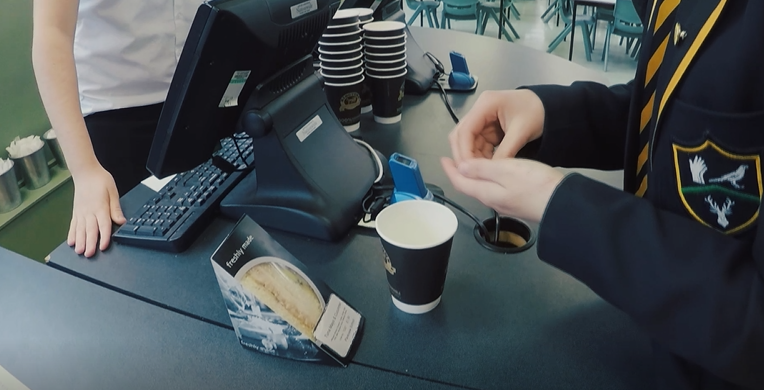
The second question, that was reinforced by the research presented at the conference is:
How can we provide food assistance in a way that is empowering, participatory and doesn’t stigmatise?
This is where my research sits as I explore the role of social enterprises in Christian Social Action. How can we provide a space for all the community that also allows those with less income to participate?
One of the projects I have been working in started as a ‘traditional’ church foodbank in a County Durham town. Recognising that they wanted a more mutual approach to food assistance they developed a Food Pantry for all the community to give and take. A year ago the opportunity for a take-away restaurant came up on the High Street. It has been converted into a small community supermarket and takeaway where ‘proper dinners’ are cooked and sold.
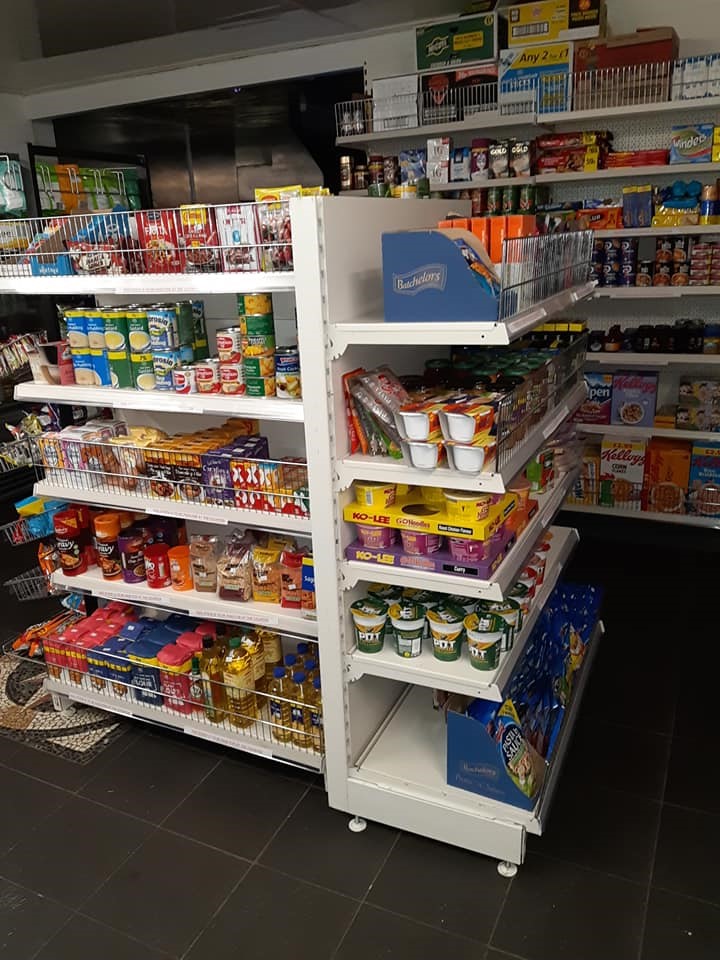
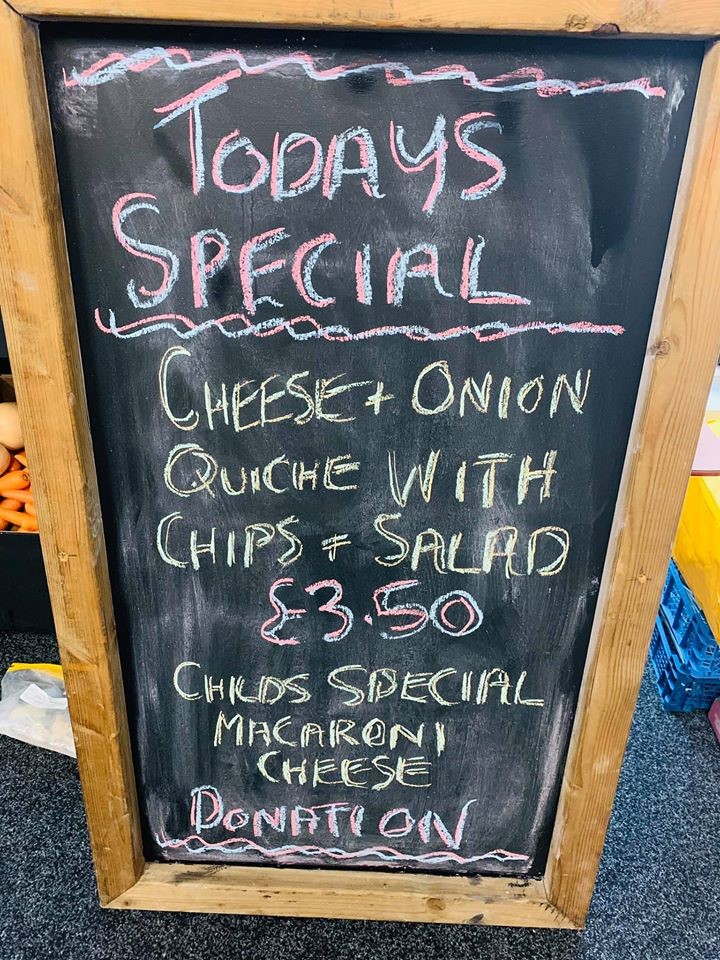
There is always a space where food can be purchased for a donation, but more often than not customers buy something as well, thus making the visit not about charity. If people are referred to the foodbank, they are given a voucher to shop, allowing choice and agency. This summer the takeaway will provide kids’ meals for a donation, while charging for adults. The ethos at the project is to continually reflect and change, always asking whether it is an accessible, affordable place for ALL.
The next months will see the world changing radically and our challenge, whether neighbours, practitioners or researchers, is to listen and work together to make our communities somewhere we can all flourish.
Thank you Val for this guest blog post. If you are interested in writing for the Life on the Breadline blog during Covid-19 please get in touch with Stephanie at stephanie.denning@coventry.ac.uk
